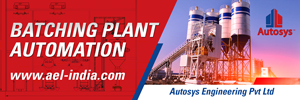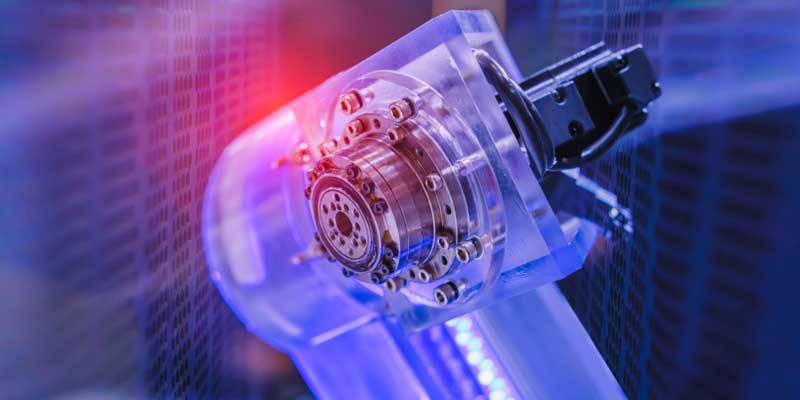Schedule a Call Back
Process automation is a key element of smart manufacturing
 Industry News
Industry News- Jun 29,22

How is Atlas Copco
serving Indian industries?
We provide advanced manufacturing solutions based on critical technologies for a broad spectrum of industries. As partners to the automotive, aerospace, electronics, and other industries, our central mission is to support them in their implementation of today’s connected Smart Manufacturing concepts. A central component of smart manufacturing is process automation, with high-resolution camera systems, software & cameras are the eyes of the robot, providing in-line quality checking, data collection and process control. With this technology, we are now also able to serve process industries as well.
Is the impact of
COVID 19 on industries behind us? Have we resolved the supply chain issues
facing the automotive & auto component industry?
While it is still unclear
if we passed the pandemic, the manufacturing sector really looks upbeat &
optimistic. Having said this each sector, industry, and function will have to
reinvent itself to achieve maximum growth and sustainability. Sustainable,
inclusive growth will require changing the workplace to maximize the
contributions of all people.
The pandemic continues to disrupt the supply chain ecosystem with new and
unforeseen barriers to both productivity and profitability. The biggest supply chain challenges include Material
Scarcity, Increasing freight prices, difficult demand forecasting, changing
consumer sentiments & inflation.
Post-Covid, what
are the new challenges and opportunities for the suppliers in the automotive
& auto component industry?
Some of the immediate short-term concerns for the industry are pandemic-related uncertainties, the global shortage of semi-conductors, rising commodity prices, upcoming fuel efficiency and BSVI Phase-2 regulations, shortage of shipping containers, import restrictions etc. to name a few. Having said this the opportunities are plenty with Focus shifting to electric vehicles to reduce emissions. India could be a leader in shared mobility by 2030, providing opportunities for electric and autonomous vehicles. The electric vehicles industry is likely to create five crore jobs by 2030. Rising middle-class income and a huge youth population will result in strong demand. Also, The Government of India expects the automobile sector to attract US$ 8-10 billion in local and foreign investments by 2023.
What is the
significance of safety and security in automated high-precision manufacturing?
Prevention of safety hazards in the industry has become a common goal that industries aim to achieve, and accordingly, technological advancements are being directed to suit the goal. An effective safety process creates accountability, includes employee participation, and acts as an incentive to workers leading to improved efficiency and employee morale. With the latest technology such as robots, novel automation, AI, predictive models, etc., the future of hazard mitigation in the manufacturing industry looks reassuring and beneficial.
With the auto
industry shifting its focus on electrification, what will be the impact of
this shift on the demand for industrial tools?
Atlas Copco develops market-leading solutions for
multiple joining technologies, including tightening, riveting, and glueing and
hence we need to work closely with customers to develop assembly solutions and
processes using these joining technologies and supporting control and analysis
applications.
With the advent of the EV era, it becomes imperative for us to work closely with customers, starting from the design conceptualization stage to the final roll out & then after-sales service. Our solutions need to be incorporated from the early stages to have a significant impact on the total outcome. All our solutions are future-ready and provide customers with much-needed flexibility & scalability of future operations.
How is Atlas Copco
supporting the technological evolutions in the automotive industry?
We have the 6 Pillars of value that we provide to our esteemed customers: Increased uptime by having a comprehensive preventive maintenance program, reduction in defects by providing part verification & documentation, new product introduction by reducing installation costs & quick setup, improved productivity by ensuring first time right, human factors by reduction in training needs for new models or process changes and reduction in energy use by creating a lean setup.
What kinds of
changes are you witnessing in manufacturing processes & technologies in the
auto industry?
The Automotive industry is currently leading the development of manufacturing and assembly concepts and processes. The development is driven by environmental requirements, with the introduction of alternative drivelines, fierce market competition, with an explosion of the number of models and variants. Flexible manufacturing systems are becoming more popular due to their ability to change and adapt to both planned and unplanned changes. This is an important aspect of advanced assembly and smart manufacturing.
What are your
growth plans for Atlas Copco in India?
Atlas Copco is both a challenge and an opportunity. Our solutions are focused on giving customers both tangible & intangible benefits. Tangible benefits include reduced floor space, reduced hardware & reduced power consumption. The intangible benefits include ease of use, operator friendly, flexibility & scalability for future expansions. Our solutions need to be incorporated from the early stages to have a significant impact on the total outcome. All our solutions are future-ready and provide customers with much-needed flexibility & scalability of future operations.
Related Stories

IPF turns smart with SME
In 1972-73, the India's economy grew by about 2 per cent compared to previous year with industrial sector registering a growth of only 4.5 per cent while agriculture production declining by 1.7 per ..
Read more
Evolving Manufacturing Trends: A Glimpse into 2024
Traditional manufacturing methods are being redefined by the rise of smart factories. By 2024, these establishments will have integrated systems, artificial intelligence (AI), and the Internet of Th..
Read more
Bohmen Industries is focussing on automation of core processes
In this interview, Abhishek Bohra, Partner, Bohmen Industries, elaborates on steps taken by the company to reduce its carbon footprint across the manufacturing value chain.
Read moreRelated Products
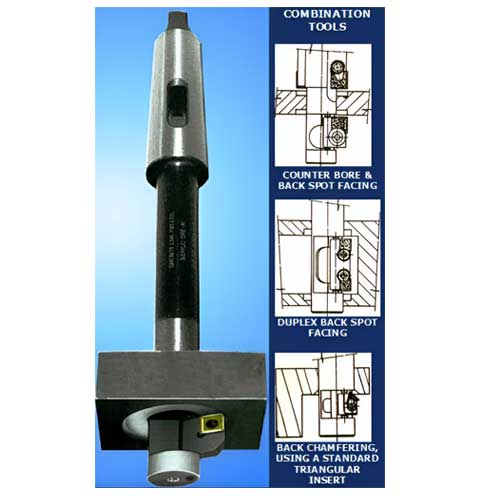
Automatic Back Spot Facing Tool
Shenoy Engg Pvt Ltd offers automatic back spot facing tool.
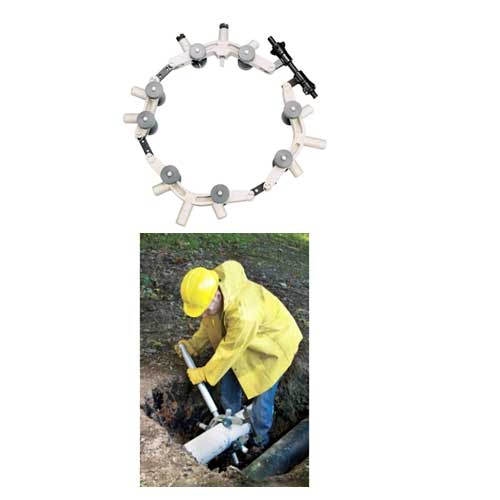
Plas in-line Rotary Pipe Cutters
Arizona Tools Company offers a wide range of in-line rotary pipe cutters for plastic pipe.
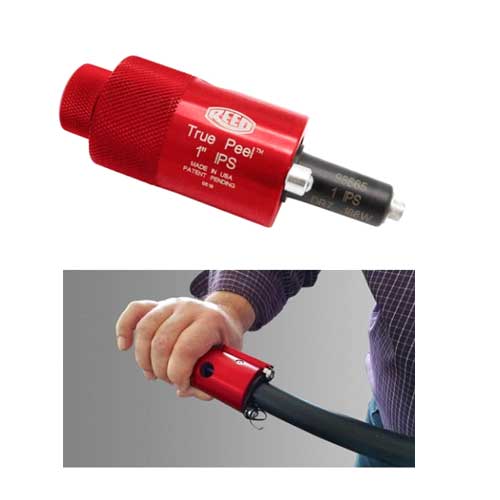
True Peel® PE Prep Tools
Arizona Tools Company offers a wide range of True Peel® PE prep tools.

